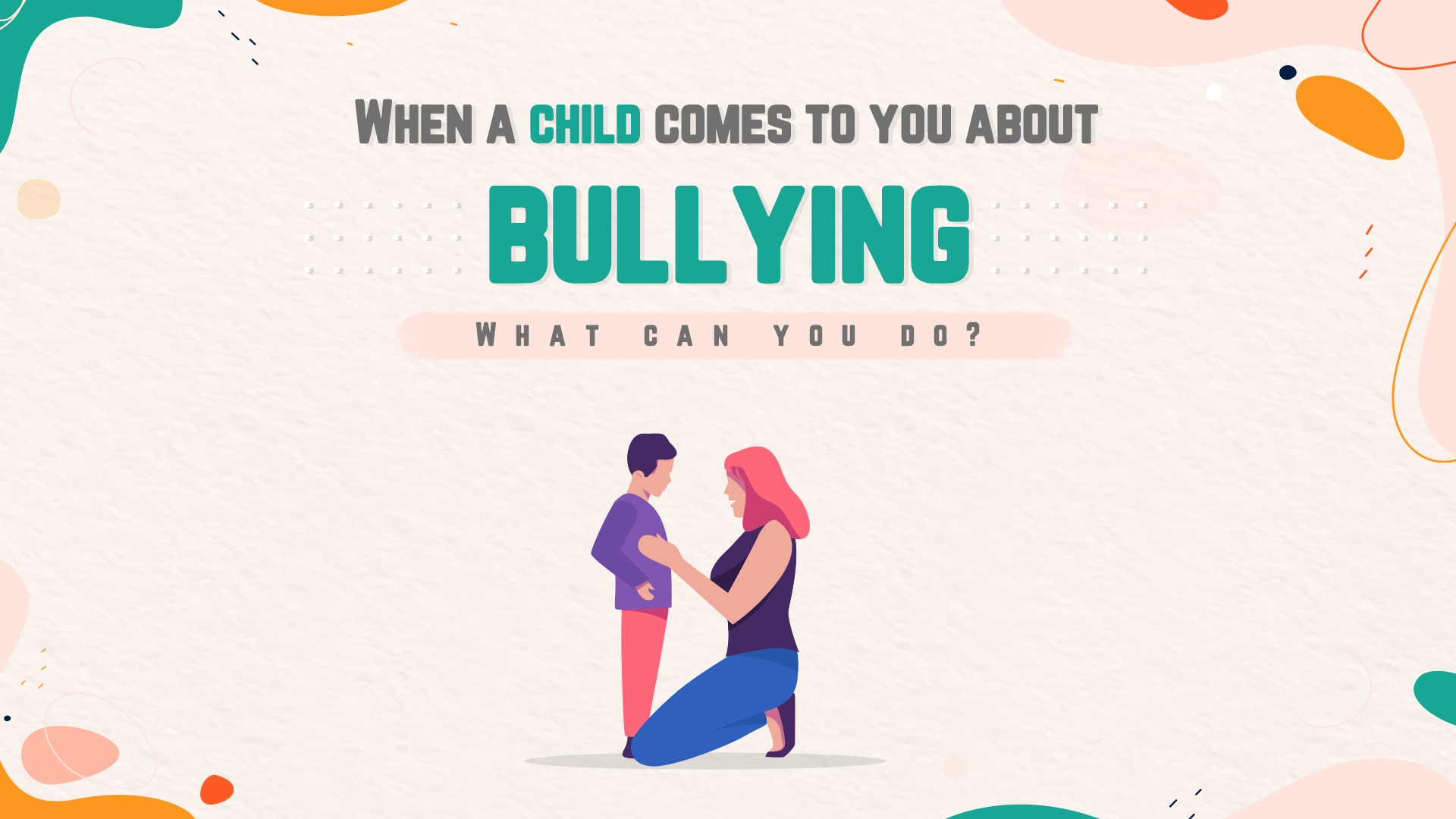Bullying and Stuttering: What Can You Do?
Children who stutter are more prone to bullying, which can become their parents’ worst fear. As a consequence, the child may feel trouble making friends, avoid talking or face difficulties keeping up with other kids. Because bullying is a significant issue for kids who stutter, it is worth pausing to examine some of the ways that we can mediate to help the child.
What is Bullying?
There are two types of bullying. First, there is overt bullying, which is an aggressive behavior that typically involves a power imbalance. Then, there is relational aggression, which is non-physical aggression that is often repeated over time. Bullying can include name-calling, threats, and physical harm.
Bullying and teasing is a real and serious problem for children who stutter. Sadly, children who stutter are more likely to experience bullying than their fluent peers. If bullying is left unchallenged, the victim can develop a wide range of problems for a long time. In some cases, this may include depression and anxiety, as well as physical illnesses. If someone teases a child who stutters about stuttering, this can increase their negative thoughts about speech, which can also set them back in their goal of becoming more confident communicators.
What Can You Do?
If you hear that your child is being bullied at school, it is important to stay calm because, if you act impulsively, you might do more harm than good. While this may be a sign that the child has problems, it is also a sign that the child feels comfortable enough with you to share the problem. In such a condition, it is always advisable to be frank and have an open discussion with the child.
Here is what you can do:
- Do not try to search for a solution immediately; instead try validating their feelings by making statements such as “that’s really upsetting”, “I understand how hurtful that is”;
- Speak to them directly to assert that bullying is not okay;
- Give them reassurance that they are not alone, and that you will find a solution to the problems;
- Enlist help of an authoritative person where the bullying has occurred and chalk out a plan with them.
Action Plan for Kids
While it may be difficult for the child to solve the problem of bullying, it can also be empowering to learn helpful strategies to deal with the situation. While all the suggested strategies may not be applicable, you can help the child to identify what works best for them and thus create a safe environment:
- Talk to the bully assertively yet calmly to stop. You can also role play assertive statements such as “I do not like to be treated this way. Please stop”.
- Enlist help of an adult. Make the child understand that it is perfectly alright to seek help from an adult when facing a bully, since an adult knows how to intervene.
- Enlist help of a peer: It is always good to have support of a responsible adult that will be able to confront the bully.
- Acknowledge and move on! The best technique is to take the power out of the bully’s hand by agreeing with them. For example, “Okay, you are right, I stutter!
- Do not give any emotional responses: Although it is difficult, by showing the bullies how much their words or actions hurt, it will motivate them to bully more. Similarly, by retaliating with taunts or violence the situation will only escalate.
Action plan for Teachers
- Observe the behavior and be ready to intervene when needed.
- Talk to the bully with restorative questions such as “What made you do this?”, “What were you thinking while doing it?”, “Do you feel bad for the child?”, “How will you make things right?”.
- Work with the school administration to make the school a bully-free zone. You may use various resources to ensure that the school is being proactive in preventing bullying.
- Educate yourself about bullying and specific initiatives to deal with it.
Action Plan for SLP’s
It is already commendable if you, as a Speech and Language Pathologist (SLP), are helping a child to build their confidence. Bullies usually hurt us about things we are insecure about; here is where as a SLP you can help:
- Look through research to find what concrete steps can be taken, which may include educating children, peers, and adults about stuttering as well as bullying and its aftereffects. Furthermore, there are many evidence-based studies to respond to bullies.
- Help the child in educating others regarding stuttering so that the stigma around it can be eradicated. Encourage the child to give a presentation about stuttering and help peers understand it. While this may be a huge step for the child, you can act as their support system throughout the process, e.g., you can help the child to prepare the presentation and provide examples of the many people who stutter that are brilliant in their own professional fields.
- Roleplay difficult situations with the child and brainstorm different possible responses that the child can have when facing with a bully. Help the child understand the different outcomes to different responses.
- Lastly, create a safe environment for the child to be who they are, without worrying about their stutter. Let them know that they can stutter and become great communicators!!


